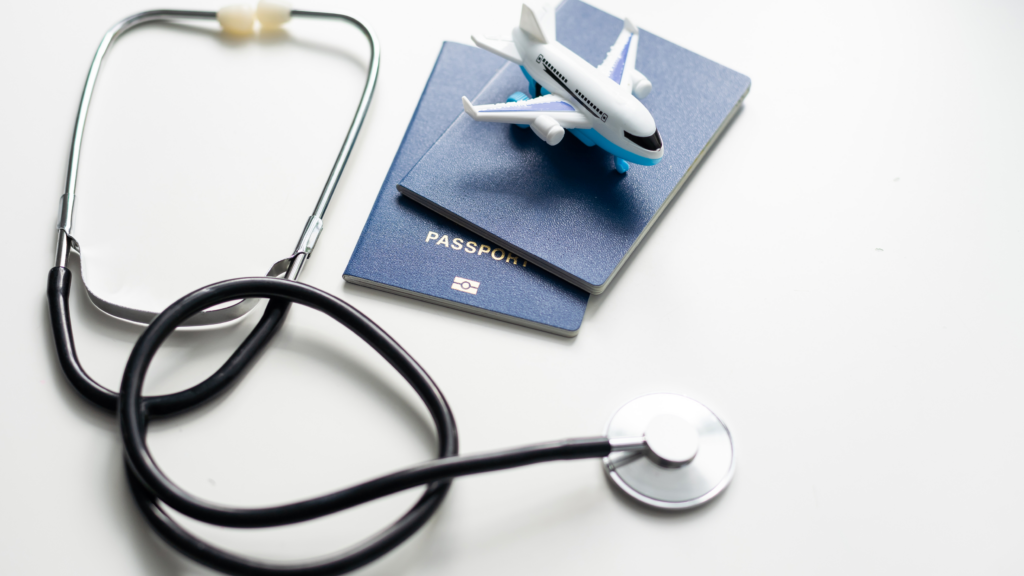Introduction
India has emerged as a global leader in medical tourism, attracting thousands of international patients every year. With state-of-the-art facilities, skilled healthcare professionals, and affordable prices, India is a go-to destination for medical treatment. If you’re considering a medical trip to India, this guide will walk you through every step of the process, making it stress-free and efficient.
Understanding Medical Tourism
What is Medical Tourism?
Medical tourism refers to traveling to another country to seek medical care. It allows patients to access advanced treatments, often at a fraction of the cost in their home countries.
Benefits of Traveling Abroad for Medical Care
Patients not only save money but also gain access to cutting-edge technologies, shorter wait times, and personalized care. Additionally, many choose medical tourism to combine treatment with travel, making the journey more fulfilling.
Why Choose India for Medical Treatment?
Affordable Healthcare Costs
India offers high-quality medical care at prices that are significantly lower than Western countries.
World-Class Hospitals and Doctors
Many hospitals in India are internationally accredited, with highly experienced doctors who have trained globally.
Diverse Treatment Options
From complex surgeries to alternative therapies like Ayurveda, India offers a wide range of treatments tailored to your needs.
Step 1: Research Your Medical Needs
Start by identifying your medical condition and understanding your treatment options. Consult with your local doctor to get a clearer picture of the required procedures.
Step 2: Find the Right Hospital and Doctor
How to Choose the Best Hospital
Look for hospitals with international accreditation, such as JCI (Joint Commission International) certification.
Factors to Consider When Selecting a Doctor
Research the doctor’s qualifications, experience, and patient reviews to ensure you’re in good hands.
Step 3: Estimate the Costs
Understanding Treatment Costs
Request detailed cost estimates from multiple hospitals to compare prices.
Additional Expenses to Consider
Factor in travel costs, accommodation, and daily living expenses during your stay.
Step 4: Arrange Your Travel Documents
Visa Requirements for Medical Tourists
Apply for a medical visa, which is specifically designed for international patients visiting India.
Other Necessary Documentation
Carry all medical records, prescriptions, and a referral letter from your doctor.
Step 5: Plan Your Travel and Accommodation
Choosing the Right Airline
Select airlines with flexible options for medical travelers.
Booking Hotels or Guesthouses
Look for accommodations close to the hospital for convenience. Many hotels in India offer special packages for medical tourists.
Step 6: Understand the Treatment Process
Pre-Treatment Consultations
Communicate with your chosen hospital to schedule consultations and finalize treatment plans.
Post-Treatment Care and Recovery
Plan for follow-up appointments and post-operative care to ensure a smooth recovery.
Step 7: Communicate with Your Healthcare Provider
Maintaining open communication is crucial. Ask questions about the procedure, recovery time, and any potential risks.
Step 8: Arrange for a Care Companion
Why You Need a Travel Companion
Having someone by your side provides emotional and physical support during your journey.
Finding Professional Caregiving Services
If a family member or friend cannot accompany you, consider hiring professional caregiving services.
Step 9: Explore Medical Tourism Packages
Benefits of Opting for Packages
Packages often include treatment, accommodation, transportation, and a translator, making your trip hassle-free.
What to Look for in a Package
Ensure the package covers all your needs and has transparent pricing.
Step 10: Be Prepared for Emergencies
Save emergency contacts, including the hospital, embassy, and local authorities. Invest in comprehensive travel insurance that covers medical emergencies.
Cultural Tips for Visiting India
Understanding Indian Culture
India is a culturally rich and diverse country. Respect local traditions and customs to make your experience more enjoyable.
Local Etiquette and Traditions
Be polite, dress modestly, and familiarize yourself with common practices such as removing shoes before entering homes or temples.
Conclusion
India’s reputation as a premier medical tourism destination is well-deserved. With careful planning and the right resources, your medical trip to India can be smooth, successful, and even enjoyable. Start preparing today to take the first step toward better health and a brighter future.
FAQs
1. What is the average cost of medical treatment in India?
The cost varies depending on the treatment but is generally 60-80% lower than in Western countries.
2. Is it safe to travel to India for medical procedures?
Yes, India has a strong track record for medical tourism, with many international patients successfully receiving treatment.
3. How do I find the best hospital in India?
Research hospitals with international accreditation and read reviews from previous patients.
4. Do I need a medical visa for treatment in India?
Yes, a medical visa is required. Ensure you apply well in advance and carry all necessary documents.
5. Can I combine my medical trip with a vacation in India?
Absolutely! Many patients extend their stay to explore India’s rich cultural and historical landmarks after recovery.

